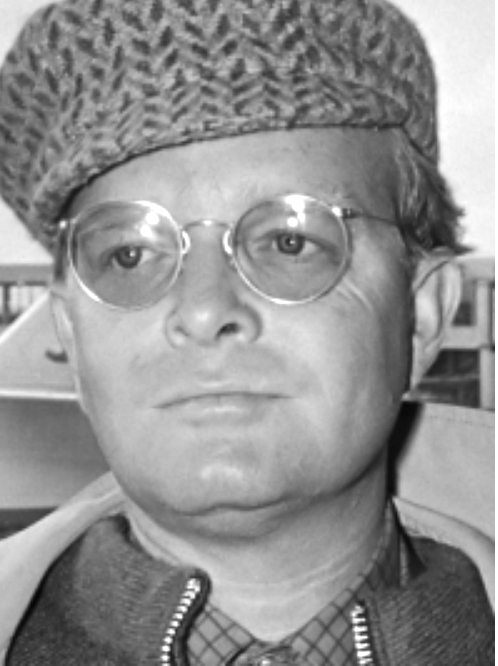On this date in 1924, Truman Capote was born Truman Streckfus Persons in New Orleans, La. His mother, Lillie Mae Faulks, was only 17 when he was born and she was married to a “ne’er do well” salesman, Arch Persons. As a result his childhood was turbulent. He was sent to live with his unmarried adult cousins in Monroeville, Ala., where he lived for a time and visited regularly throughout his life.
In Monroeville, he met his lifelong friend, Nelle Harper Lee, author of “To Kill a Mockingbird.” When Capote was 11, he moved to New York City with his mother and her second husband, Joe Capote, who adopted him. The family lived in style on Park Avenue until it was discovered that Joe was embezzling from his company. Ashamed of her husband’s crime and distraught over losing her lavish lifestyle, his mother killed herself when Capote was 30.
Capote had been interested in writing from an early age and was encouraged by the cousins who raised him and by a high school English teacher. While he was in high school, he worked as a copyboy at The New Yorker, where he began to establish himself as a personality among a glittering social circle of writers, artists and cultural elites. He published several pieces in Harper’s Bazaar and Mademoiselle magazine. In 1948 he published his first book, the autobiographical “Other Voices, Other Rooms.”
He became a literary star, penning 17 books and collections of short stories in his lifetime, including the famous novella “Breakfast at Tiffany’s” (1958) and the true crime “In Cold Blood” (1966), both of which were turned into movies. Harper Lee worked as a researcher with him on the latter. He was very devoted to his social life, which included some of the most influential individuals of his era. Capote had a long-term love affair with writer and playwright Jack Dunphy, which lasted until Capote’s death in 1984 from complications of alcoholism.
Although Capote spent much of his childhood in the highly religious South, he was not religious himself: “But, my dear, so few things are fulfilled: what are most lives but a series of incompleted episodes? ‘We work in the dark, we do what we can, we give what we have. Our doubt is our passion and our passion is our task.’ It is wanting to know the end that makes us believe in God, or witchcraft, believe, at least, in something.” (“Other Voices, Other Rooms.”) D. 1984.
Photo by Eric Koch/Anefo: Capote at the Netherlands premiere in 1968 of the film “In Cold Blood.”

